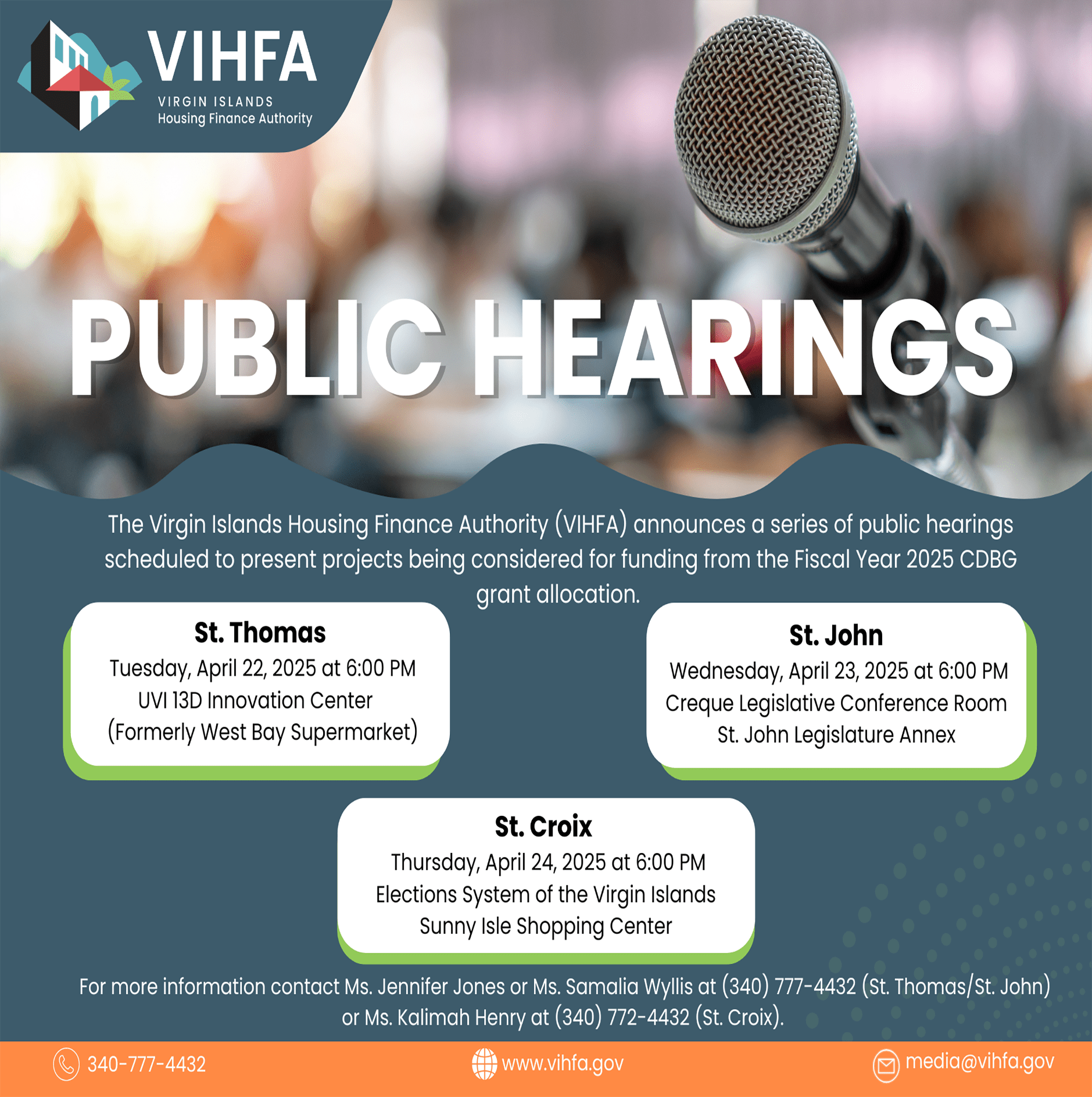
St. Croix nonprofits told a District Court judge in December they didn’t have enough money for attorneys, much less the resources to meet vast environmental records subpoenaed by the former owners of the St. Croix oil refinery. That judge ruled last week that the poverty pleading was unacceptable because the law required such organizations to have legal representation whether they could afford it or not.
The nonprofits, Crucian Heritage and Nature Tourism, St. Croix Environmental Association, Virgin Islands Good Food Coalition, and St. Croix Foundation for Community Development, filed their motion to delay or avoid the 19 nearly identical records requests pro se, meaning they addressed the court themselves and were not represented by a Virgin Islands attorney.
U.S. Magistrate Judge Emile A. Henderson III said Feb. 26 that the organizations’ leadership was not allowed to represent themselves but asked that Limetree Bay Ventures, also referred to in the case as Limetree Bay Terminals and known publicly as Ocean Point Terminals, find a way to gather the requested information without unduly hindering the nonprofits.
“ … given the constraints faced by the Organizations, as described in their motion, the Court urges the Organizations and counsel for LBT to attempt to resolve the discovery issues outside the confines of the Court which would inure to the benefit of all concerned,” he wrote.
The four nonprofit leaders told the judge in December they and their organizations were not among the 24 people who sued seven or more companies associated with the Limetree’s time at the oil refinery for allegedly showering their property with toxic substances in Spring 2021. The separate suits were rolled into one and did not involve the nonprofits, according to court records.
Finding legal representation may be difficult for the nonprofits, they said in their request for a delay. A large number of Virgin Islands attorneys had represented refinery owners or related companies in the past, making them ineligible to represent the nonprofits.
Most of Limetree’s records requested were related to the Terra Ay Ay Project, a U.S. Environmental Protection Agency-funded effort to study St. Croix’s air, water, and soil, especially around industrial areas like the refinery. Testing and unbiased reporting on environmental conditions in industrial areas would give local residents much-needed information on the area in which they live and its potential health impacts, according to the Terra Ay Ay website, which lists all four groups subpoenaed by the Limetree Bay Ventures defendants as collaborative organizations.
The Terra Ay Ay website said the program has or intends to install air monitoring equipment, test cistern and well water, partner with farmers and gardeners to test soil for contaminants, host town halls and other meetings to raise awareness about environmental issues, and use collected data to advocate for augmented guidelines and regulations.
Representatives of the nonprofit groups did not respond to requests for comment, some having said in December that they were not at liberty to comment.
Gov. Albert Bryan Jr. has been a vocal advocate for reopening the refinery, saying in December he expected then-incumbent President Donald Trump and a less-stringent EPA might help the refinery on St. Croix restart. The refinery’s current owner, Port Hamilton Refining & Transportation LLLP or PHRT is not involved in this litigation or with the subpoena requests to non-profits.
Bryan has said the EPA “maliciously and illegally” shut down the plant after failed restart attempts spewed airborne plumes of oil and other contaminants onto people’s homes nearby.














